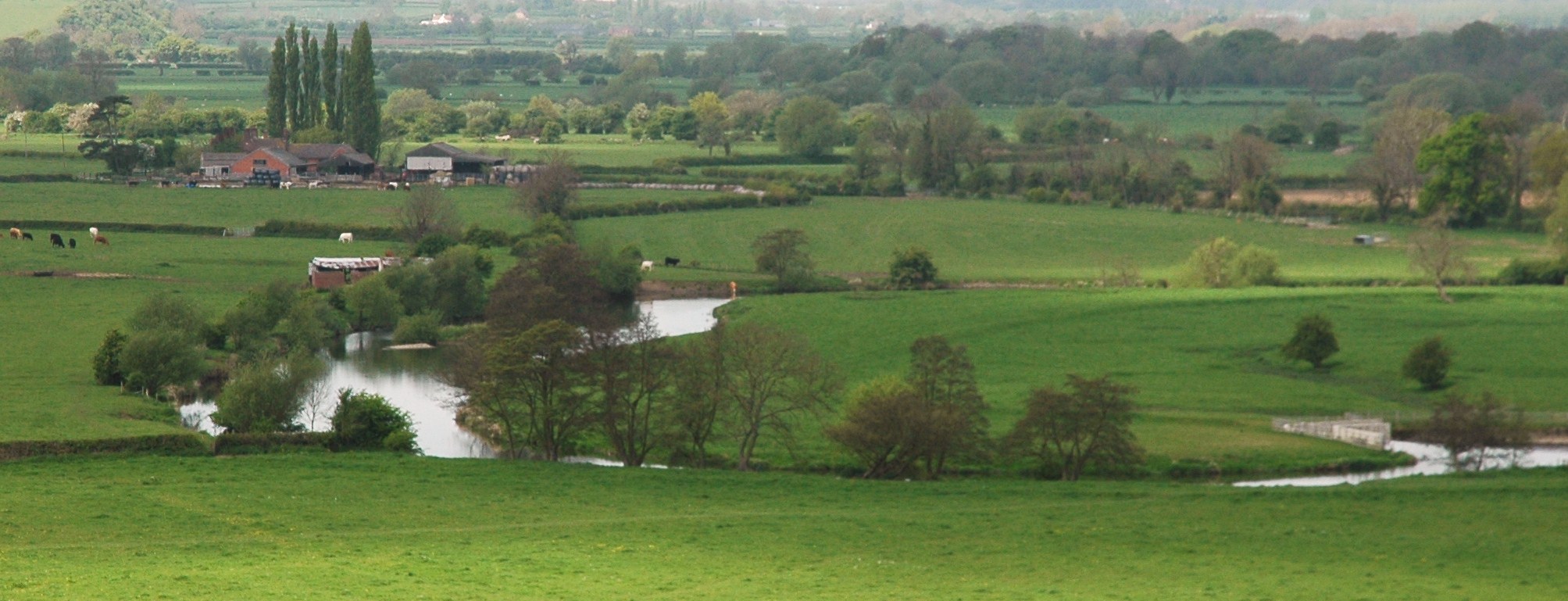The Caio report is in the press at the moment. Commissioned by The UK Government’s Department for Business Enterprise and Regulatory Reform (BERR – neither full name nor acronym really roll off the tongue do they?) the report looks into whether government investment or intervention is required to keep UK plc competitive in the internet access stakes.
The question was posed in the light of fibre rollouts in other countries. The conclusions, simplistically, recognising that the report itself is 100 pages of bedtime reading, told us that due to the health UK competitive market no, Government intervention is not required. Although it might be if industry doesn’t get a wiggle on.
I went to a presentation of the report on Friday at the BT Centre, Newgate in London. The room was full of financiers, network operators and vendors all interested in a piece of the action. Exciting though the prospect of fibre to the home may be, with its resultant lightning speed internet connectivity, what was clear was that nobody in the audience could come up with a business case that would justify the £29Bn bill.
BT is testing the water with a £1.5Bn investment that notionally will reach around 10 million homes. This of course, if successful, will only lead to a problem for BERR in the future. Why should BT have to invest in reaching the other umpteen million homes that are not cost effective to reach/Why should those living in the countryside be disadvantaged.
Virgin already has a fibre network that provides partial coverage. There doesn’t seem to be any money in the pot to extend this based on anecdotal evidence that new housing estates are not getting fibre even though the general area is covered by Virgin. Virgin is though, I have to say, a business that seems to be fast getting its act together where connectivity is concerned. Amazingly having assimilated £12Bn worth of network by acquisition and merger the company allegedly did not know where it’s connections lay. When the fibre was first put in, speed and low cost were the primary focus of attention. Not the keeping of records. This is changing and the Virgin (NTL/Telewest to business users) are now looking as if they might be a highly competitive player in the fast growing fibre connectivity game.
The mobile network operators are also likely to play a role. After all the vast majority of the costs associated with FTTH are in the digging up of the roads rather than in the network electronics. Someone in the audience quoted a figure of £100 per metre for ducting compared with two pence per metre for the fibre.
The case is, interestingly, different depending on the country you are in. For example in the USA the cable provider is typically also the content provider and experience shows that punters are willing to stump up more ARPU to justify the investment. This is not the case in the UK and indeed BT research suggests that only 20% of its broadband users would be willing to pay more for the speed that fibre would bring. Not at least, I suspect, until someone comes up with applications or content that will need the increased bandwidth.
In a sense the “highly competitive UK market” has shot itself in the foot by reducing revenues per user to a level that makes it difficult to fund new investment.
It seems to me that an element of government intervention is almost inevitable, even if it is only to unencumber industry of the red tape associated with large scale capital projects such as this. Leaving it to free market forces ain’t going to work or is going to result in a two tier internet society – the haves and have nots.
In leaving the meeting I decided that I would have to invest both in the killer application that would drive the speed requirement (teleporting springs to mind) and in a company called Trefor Davies Fibre Layers in order to maximise my takings from NGA. My pick and shovel await.

